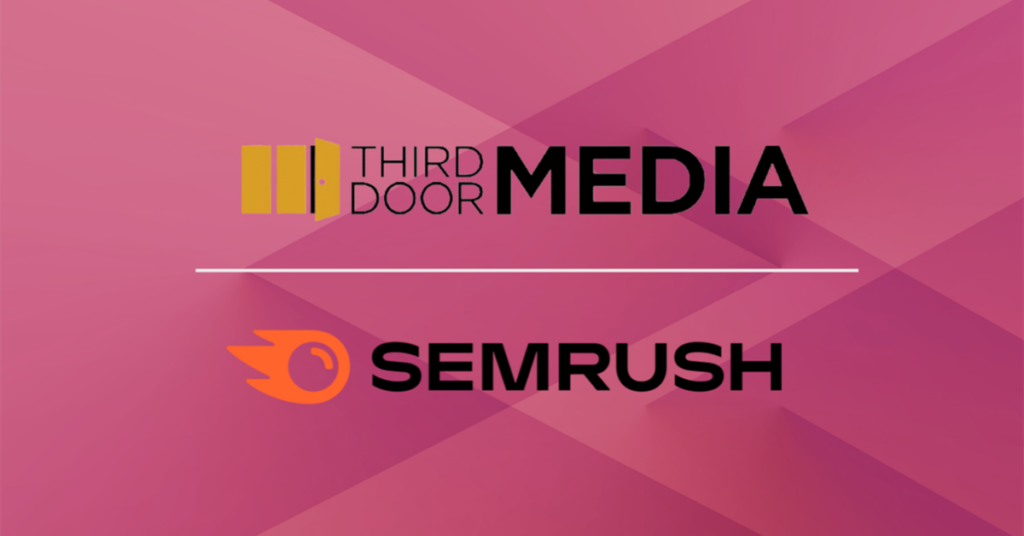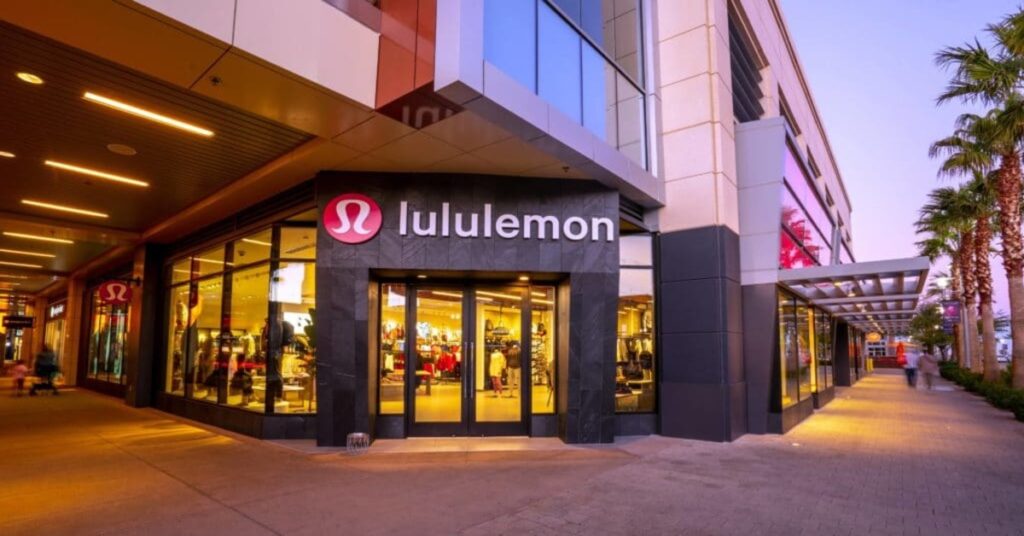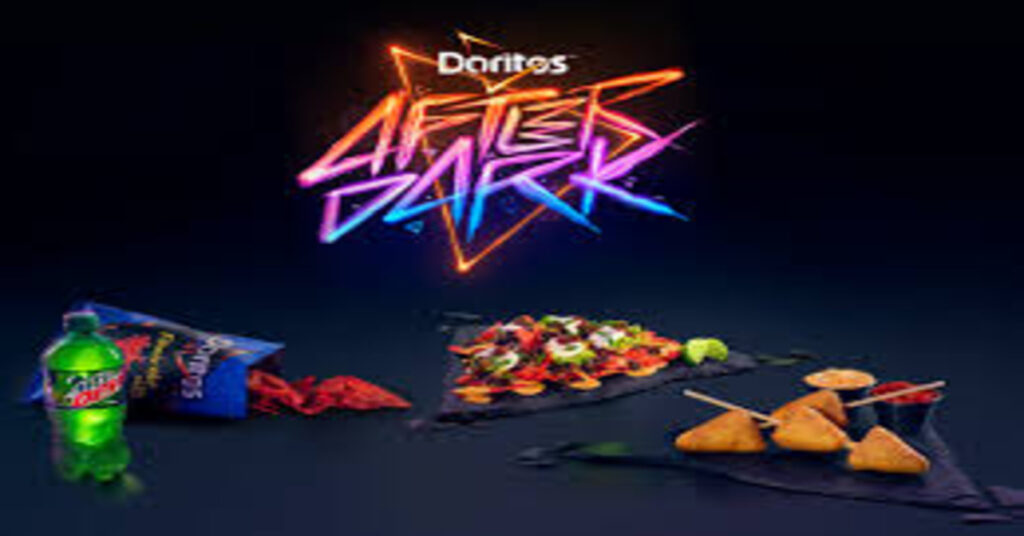The form you have selected does not exist.
What are luxury brands?
The form you have selected does not exist.
Top-notch brands that prevail across the globe under the luxury tag line for the high status they offer to their premium customers. Luxury brands offer products that are not required to meet any basic necessity but to help one flaunt in style.
Why go for luxury brands?
These brands deal with a distinctive market because they are only bought by the rich and affluent. Amongst which, some buy it due to their high product quality and craftsmanship. These include their true brand ambassadors.
The all time luxury brand buying audience are trendy and updated. They are in awe of owning their latest product edition. To keep this segment of customers stay on track, luxury brands have to be creative and alive. The luxury brand strategy focuses on a collaboration with an influencer who promotes and markets these respective brands.
Influencer marketing accelerates sales by building brand awareness and initiating a global appeal of the brand. Brand building should be a perfect brew of psychology and science, to create a promising brand image. It is such brands that would outlive products and convey credibility.
Let’s take a look at the top five luxury brands that have built long-lasting impressions.
Louis Vuitton
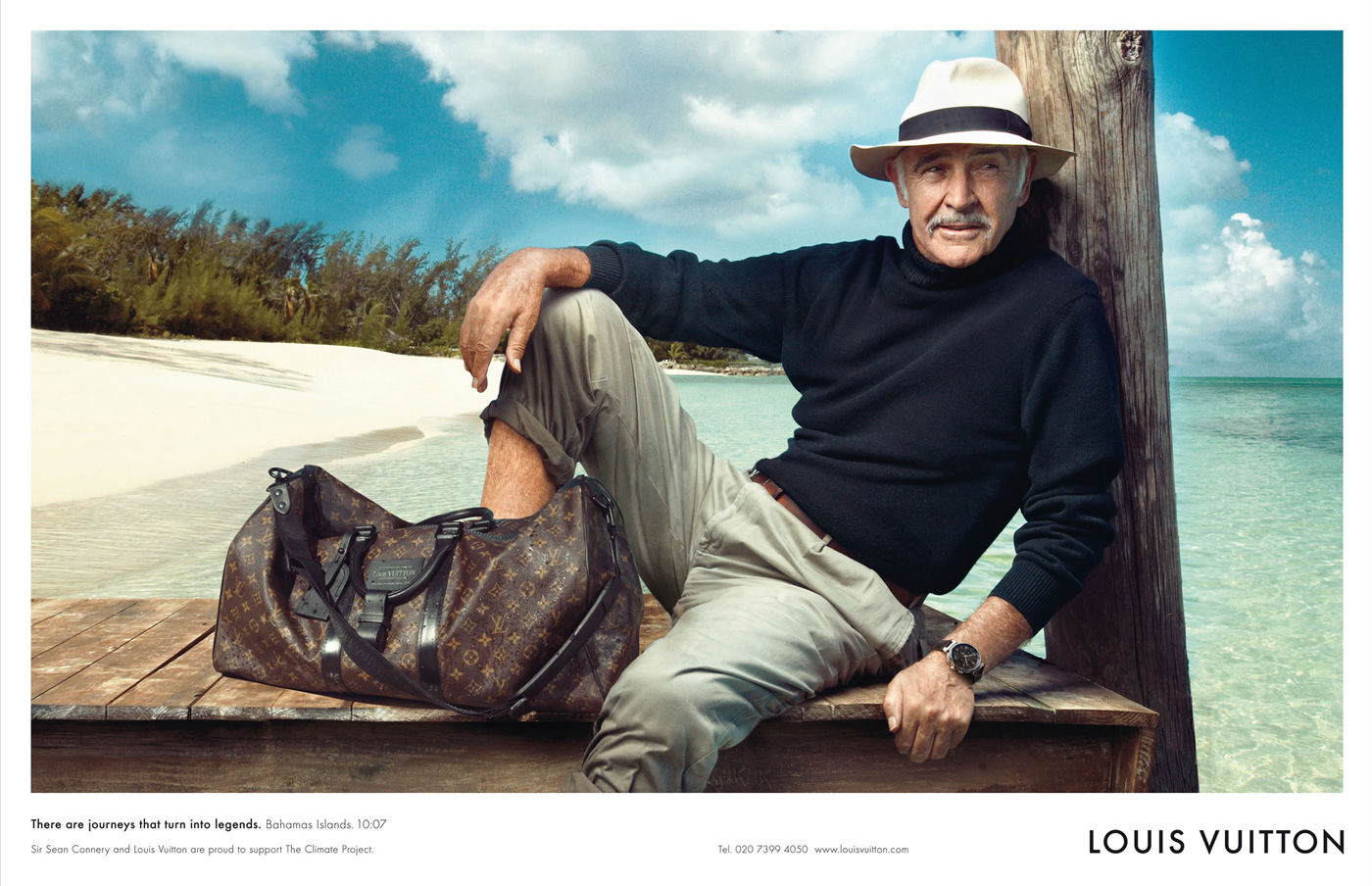
The most valuable luxury brand for several consecutive years. Louis Vuitton is well known for its luxury travel cases and leather goods. The superior craftsmanship involved in each of its product makes it highly exclusive and in demand. It began as a luggage brand and so the concept they verbalized in one of their brand campaigns was ‘Return to a time when travel itself was a destination, getting there was not important as the experience of going. There’s no such thing as a destination because the journey never ends’
Ferrari
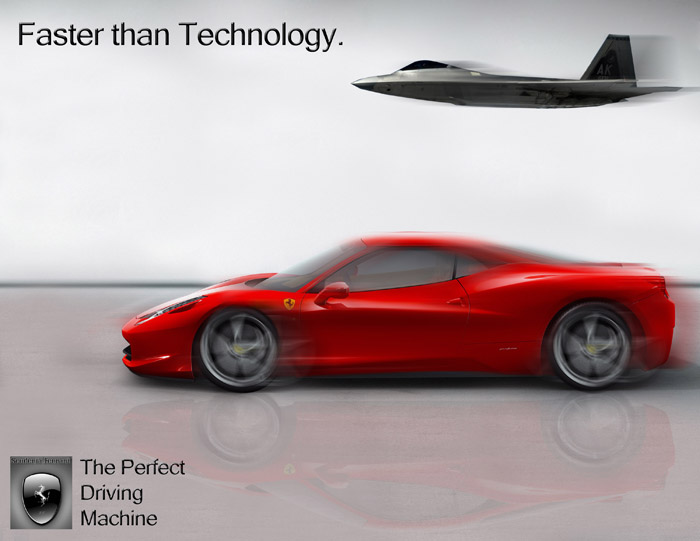
While other brands expect to assert their value by selling more quantity, Ferrari generates its revenue by actually selling fewer cars. And building a desire for the brand. Ferrari spends nothing on advertising or marketing its products, it does everything on the F1 race- captivating millions of viewers and creating a strong fan base.
The brand stands for its Italian presence and most of the people who dream about owning a Ferrari will buy the brand merchandises like key chains, sunglasses etc just for the love of this opulent brand realizing the truth that a Ferrari is only possible for the ultra rich and not for everyone with this dream. However the purpose behind the Ferrari brand is clear: ‘We build cars, symbols of Italian excellence the world over, and we do so to win on both road and track.’
Vertu
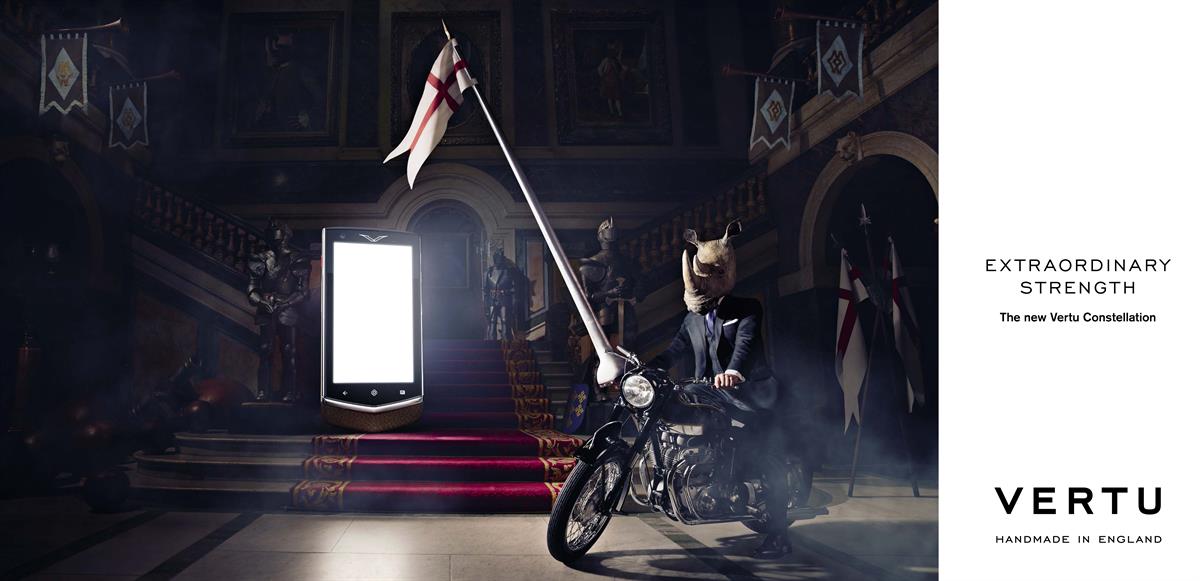
The exceptional luxury brand specializing in deluxe mobile phones. Vertu is a big leap for its parent company Nokia and so it does not publicize this linkage to avoid any brand associations. Nokia developed Vertu as a way of devising an ultra luxury brand in the mobile telephony sector with the primary focus to build product awareness among the elite.
Vertu utilizes craftsmanship, precision, engineering and a unique device dimension to create a peculiar high-end brand. Vertu customers are buying themselves a distinctive luxury stamp rather than just a mobile device. These phones are made from alligator and lizard skins with precious metals and stones embedded in them, resulting in more of a fashion brand rather than a technology brand. Recently, Vertu has slipped down the market and it has reported a business loss due to the inefficient and outdated Android technology offered in these highly expensive phones.
Gucci
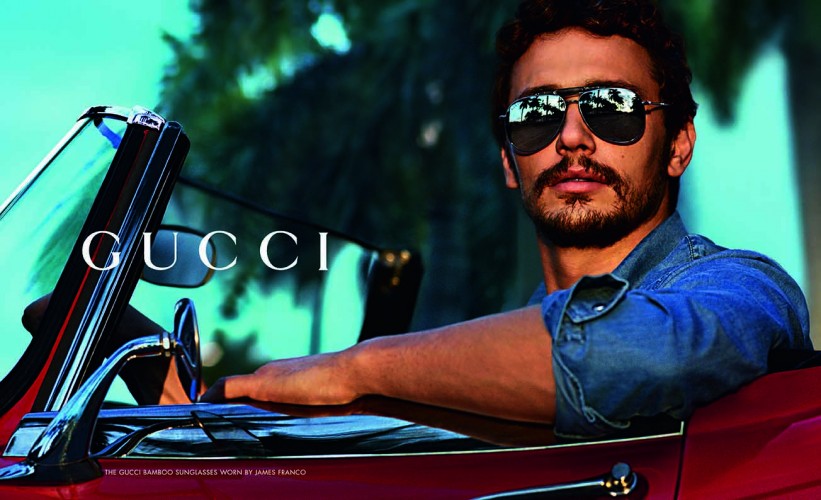
The fashion brand of Italian origin. Luxury brands are confined by their premium shopping experience and so Gucci has revamped their website and they now publish image driven content which is visually appealing. Their brand visibility is deeply connected to the pop culture since several successful artists wear them during their successful performances. ‘GucciGram’ a successful collaboration of visual artists on Instagram and the brand itself has generated an online interface where fashion artists from all over the world are able to creatively put forward their interpretations of Gucci’s latest trends. Recently Gucci is portraying its fashion through bold and liberal creations using some bright and joyful colors with the strong motive to bring fun to luxury brands as consumers might see these brands as something too serious but Gucci wants itself to be kind.
https://www.standard.co.uk/fashion/news/gucci-is-officially-the-hottest-fashion-brand-in-the-world-with-kanye-wests-yeezy-snapping-up-second-a3607801.html
Hermes

‘Seizing the past, perceiving the future and punctuating the present.’ Hermes has been into producing high-end fashion clothing and accessory – concentrating on scarf and Birkin bag manufacture. A perfect blend of rich heritage and high levels of professionalism throughout the entire manufacturing process results in their product precision and finish. At times the fashion and luxury industry seems a little bit like a war zone and Hermes doesn’t want to indulge in that game. The brand’s tone of voice is refreshingly light-hearted, sometimes playful and sometimes more whimsical and quirky.
The Luxury Brand Market Analysis
After slowing sales amid fears of terrorist attacks, unpredictable stock markets and currency fluctuations that kept many tourists away from cities including Paris, the market will return to growth in 2017- according to the Bain report, the Worldwide Luxury Market Monitor. The report estimates a global personal luxury goods market of 254 billion euros to €259 billion ($284 billion to $289 billion) in 2017, assuming constant exchange rates, up 2 percent to 4 percent from €249 billion last year.
Trends in the Luxury Brand Market
The Digital Wave
The core of luxury is altering from prominence on the physical to a focus on the experiential feel of these products. Top quality continues to be a ‘must have’ and consumers are retaining a sharp eye for craftsmanship and handmade products.
The majority of the consumers prefer premium handmade quality products which do respect ecological sustainability. Status has now become more about ‘who I am’ from what one possesses. The majority of the buyers expect the market to face a disruption in the way these brands get promoted due to the latest advancements in digital technologies that are readily being accepted by more and more people in our world through 3D printing, Artificial intelligence, robotics and machine learning.
Desire for Customization
A shift of luxury shopper behaviour from standard products to personalized products are also being observed increasingly. Luxury buyers want more shopping facilities (like home delivery system), they are looking forward to loyalty reward bonuses as well as personalized gifts and services according to one’s wish and interest.
Every brand is creating products for their specific target audience and not for a larger lot. They are all intending to provide an unparalleled quality experience to their premium customers rather than building their profits by selling more quantity. They want to initiate and build a connection between the brand makers and the brand users.
